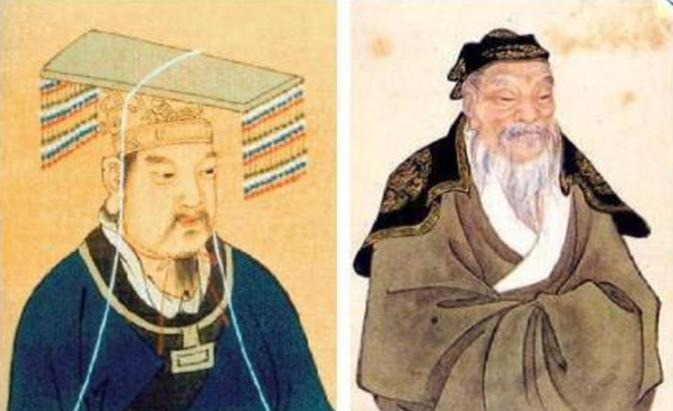At that time, King Wen of Zhou led tens of thousands of people and horses, but they did not waste any strength, and it took only one month to destroy Yin Shang and establish the Zhou Dynasty. At the time of dividing the world, the rich lands of the Central Plains were divided among those noble families, and the Chu people living in Chu land only got a piece of land within a radius of 50 miles, and their leader Xiong Xuan was only a viscount, that is, the last of the gong, hou, bo, zi, and male, and the chu state was only a small Chu zi state. The Chu people were very unconvinced, why is the territory of other countries so big, and our Chu state is only 50 miles? The Chu people did not obey the arrangement of the Zhou Dynasty, so the Hubei people now say "disobey the Zhou" is what it means, and today it has a history of more than 2,000 years, and the resentment of the Chu people can be imagined.

What should I do if I don't obey the week? Quite simply, striving to be strong, through the unremitting efforts of the Chu people, the Chu state developed rapidly later and opened its own road of rise. Although the Zhou people called them "Great Qi Qun Barbarians", the Chu State made the Zhou people see the "power of barbarism". By the time of the Eastern Zhou Dynasty, the State of Chu was already very powerful, and at this time, xiongqu, the ruler of the State of Chu, was determined to claim the title of king, and he said: I am a barbarian and do not take the name of China. That is, we are barbarians, and we do not need the same set of your Central Plains. Xiongqu called the king for a while, and then he was beaten down--still not strong enough.
In 704 BC, the leader of the Chu state Xiong Tong seized the "throne" after killing his nephew, and during his reign, he openly sent troops to attack the neighboring Suiguo (Suizhou, Hubei), which was not ordinary, their monarch was surnamed "Ji", and he just wanted the monarch of Suiguo to file a complaint against Zhou Tianzi. Xiong Tong said: I have our armor, I want to observe the politics of China, please ask the royal family to honor my name. This means that I, a barbarian, have a few broken guns and want to go to the Central Plains to study, but you are all principalities, houguo, I am a "sub-country", it is undignified, you give me a better treatment.
The King of Zhou disagreed, and Xiong Tong did not think so after hearing this, and he made himself a king, so after that, the Chu state began to claim the king, skipping the gong, hou, bo, and viscount at once. Xiong Tong and his descendants did this, but no one else recognized it, whether in "Spring and Autumn" or "Zuo Zhuan", the title of king of Chu was still "Chuzi".
It was not until the time of the king of Chu Zhuang that the state of Chu became the overlord, and this king of Chu Zhuang openly ran to the territory of the Zhou royal family to conduct military exercises, which frightened Zhou Tianzi enough, and he did not dare to blame, so he sent Wang Sun Man to treat the state of Chu, and the king of Chu Zhuang received Wang Sun Man and asked him a silly question: I heard that dayu's Jiuding is here with you, how heavy is it? "Chu Zi asked the size of the ding" Thus there is an idiom that has won the Central Plains. At this time, no one could underestimate the Chu State, and the later Chen Sheng was called "Zhang Chu" and Xiang Yu was known as the "Overlord of Western Chu", all of which were playing the name of the Chu State.